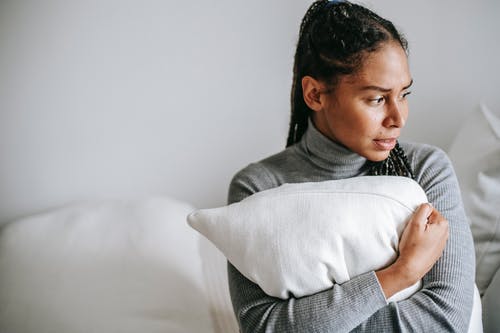Think of a time when you had a conversation that left you feeling raw, open, and exposed. That kind of feeling that you sense in your gut, not just in your mind. Vulnerability is where your truest thoughts and feelings come from. It takes practice and resilience to be in a vulnerable state without your system shutting down or running away from that feeling that is often mistaken for weakness.
Sometimes after these types of conversations, our minds do this strange thing where we shame ourselves for being that vulnerable. How could we allow ourselves to trust another person to the point of sharing so much vulnerability with them? When that shame gets introduced, all sorts of dysfunctional behaviors will appear in order to protect us from feeling that vulnerability or shame. It’s the vulnerability hangover.
We don’t like that feeling of uncertainty about what the other person might do with that vulnerable information we’ve just shared, so we try to hide or protect those vulnerable parts of ourselves that we shared. It can leave partners, friends, and family feeling whiplash when we pull away from them after having a deep conversation in our previous interaction. Being mindful of these reactions our systems will have to vulnerability can greatly improve our ability to manage dysfunctional behaviors in relationships.
The antidote to shame and that vulnerability hangover is empathy, according to Brené Brown. When we can slow down our systems (and I mean literally slow down and calm the central nervous system), we are better able to extend empathy for the parts of ourselves that are feeling shamed for being so open and vulnerable. After all, vulnerability is where connection happens. Vulnerability is not a bad thing. It takes strength to be vulnerable and own our truths. There’s a time and place for everything, and it’s important to take time to understand how issues with vulnerability may be impacting our relationships.
An Thai, MS, provides couple, family, and individual therapy in our Sterling, VA office and virtually to those located in the state of Virginia. Please call or email today to set up your first appointment or a complimentary consultation with An.






